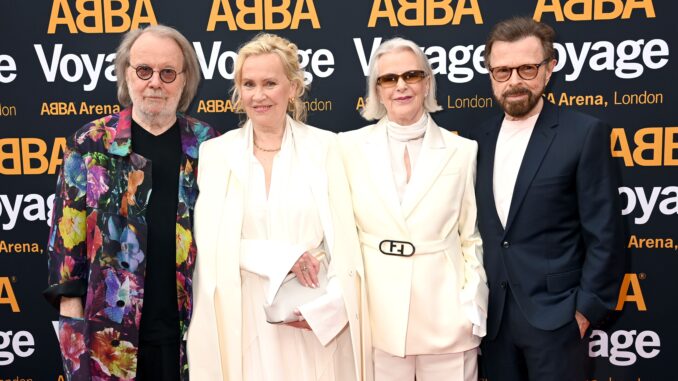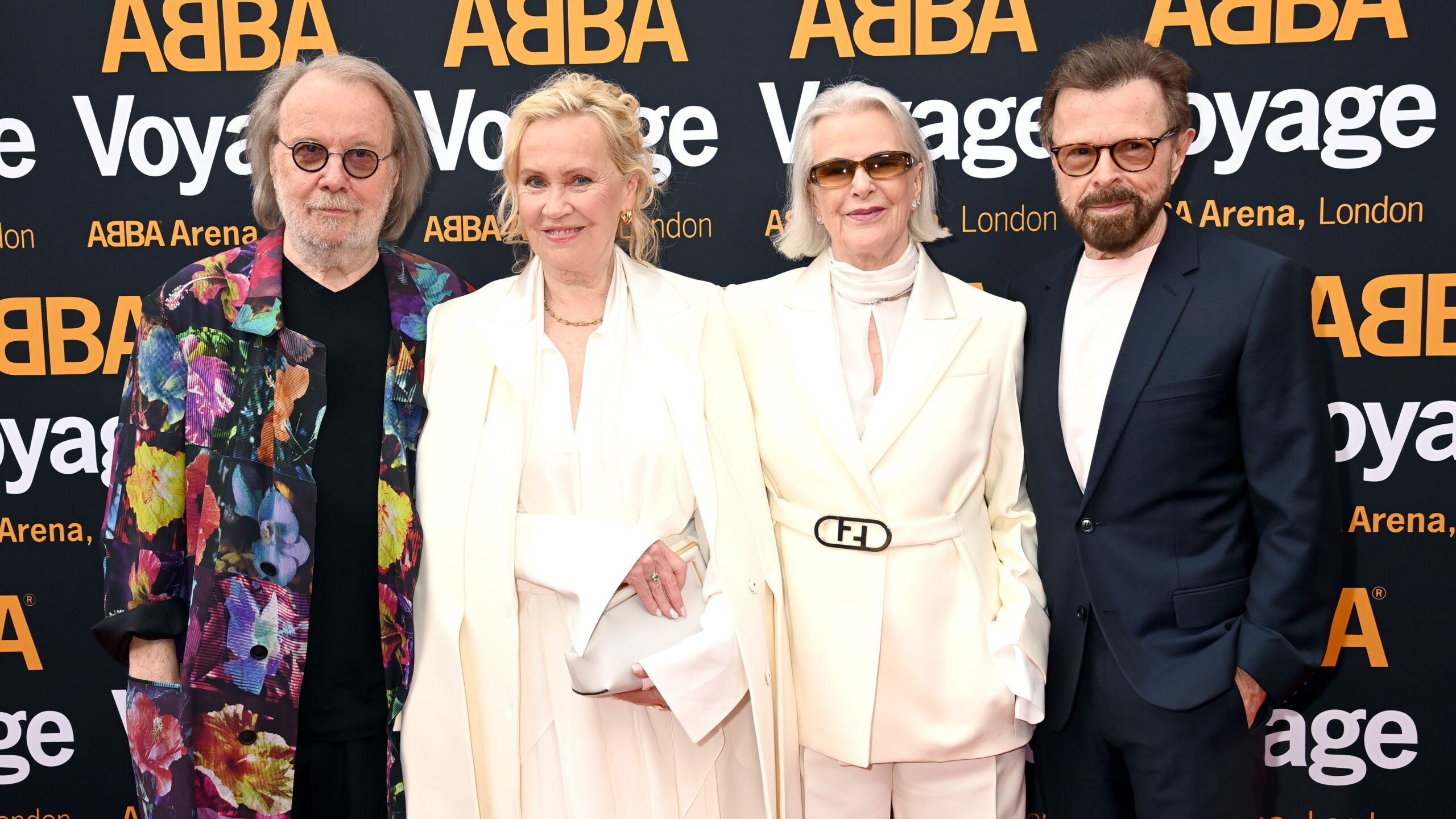
ABBA’s unexpected success story started 50 years ago

The bookies had put their money on British-Australian singer Olivia Newton-John. She was already a star at the time and the clear favorite. Singer Gigliola Cinquetti, who had already lifted the trophy for Italy in 1964, was also given good odds.
But Sweden? The country had never won the competition before, and nobody believed it would. The band ABBA was unknown outside their home country. Their previous attempt to win Eurovision the year before with the song “Ring Ring” was thwarted when they failed to advance past the preliminary round.
But in 1974, the stars aligned for them. At the Melodifestivalen, as the Swedish preliminary round is called, the quartet won with “Waterloo” and was allowed to travel to England to represent Sweden. The rest is music history.
Napoleon’s Waterloo reinterpreted as a love song
Thirty-two countries participated in the event, at that time still known as the Grand Prix Eurovision de la Chanson. When ABBA’s performance was announced as the eighth of a total of 17 that evening, a man dressed as Napoleon walked out on stage. His name was Sven-Olof Walldoff, and he was to conduct the song that would make ABBA famous. He was followed by Benny Andersson, Bjorn Ulvaeus, Agnetha Faltskog and Anni-Frid Lyngstad — not in historical costume, but in glittery clothes, velvet pants and dizzyingly high platform shoes.
Their song was written by the band’s manager, Stig Anderson. He hummed it to Ulvaeus and Andersson over the phone and they composed the music for it in the isolation of the island of Viggso. It’s about love, and surrendering to it the way the French commander Napoleon capitulated at the Battle of Waterloo in 1815.
In addition to this song, the band also considered the track “Hasta Manana” to be a promising Eurovision entry. But Anderson was against it. “Just leave it to me to decide which song we take,” he allegedly told Ulvaeus and Andersson. “If it goes wrong, you can kill me afterwards.”
There was no murder. On the contrary: ABBA won the competition with 24 points, ahead of Italy with 18.
Betting to win
For Stig Anderson, victory wasn’t the most important goal. He was most concerned with introducing ABBA to a television audience of some 500 million people, and to sell a lot of records. Still, he was optimistic and even bet £120 that his group would win.
“Waterloo” lasted no longer than 2 minutes, 45 seconds. And 90 minutes later, ABBA were the winners of the Grand Prix. But the presentation of the award was delayed when an usher refused to let Ulvaeus on stage, unable to believe that this man in a strange glittery outfit was actually a contestant.
The Swede later found
‘Waterloo’ storms the charts
Immediately after the contest in Brighton, “Waterloo” was released as a single in 54 countries and reached the top 10 in almost 20 of them.
In Germany and the UK, it became the first of many ABBA singles to hit No. 1. The song was recorded in Swedish, English, German and French and the single sold more than 5 million copies.
In 2004, the song even reached number 20 on the British charts when it was re-released for its 30th anniversary. And on October 22, 2005, “Waterloo” was voted “best song in the history of the competition” at the 50th Eurovision Song Contest.
Benny Andersson later said the Swedes were at first dismissed as a one-hit wonder whose fame would soon fade. Nothing could have been further from the truth.
In the ensuing 50 years, ABBA has sold 400 million records, landed 17 No. 1 hits — such as “The Winner Takes It All,” “Dancing Queen,” “Thank You For The Music” and “Gimme, Gimme, Gimme” — opened their own dedicated museum, and produced “Mamma Mia!,” a successful stage musical for more than 20 years now. It was also adapted into two hit movies.
The fact that the band actually broke up in 1982 has done nothing to dampen their success. For decades, fans hoped for a reunion, and the quartet finally obliged in 2021 with the album “Voyage” and a virtual reality concert show featuring their digitally-produced “Abbatars.” And of course, the set list for the show included — what else? — “Waterloo.”

Leave a Reply